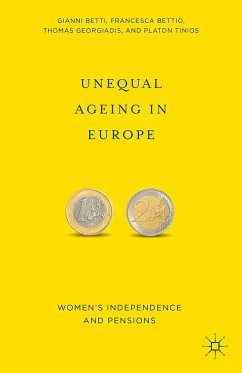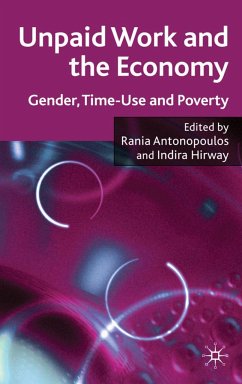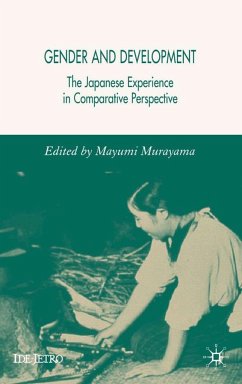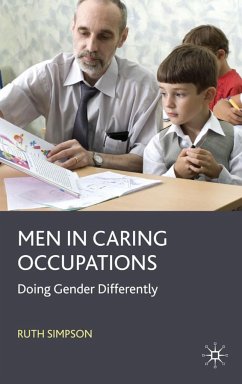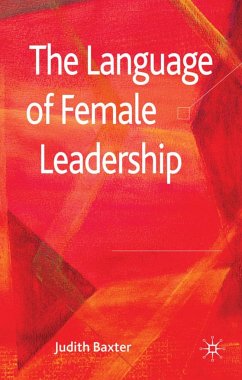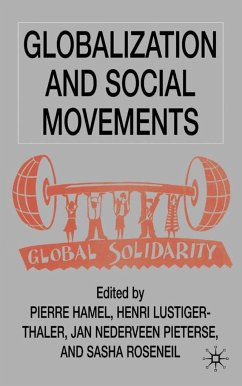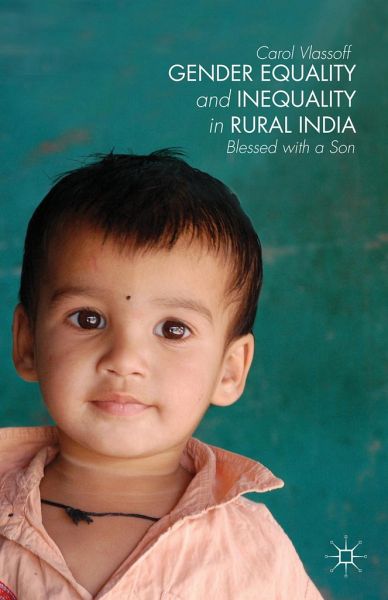
Gender Equality and Inequality in Rural India
Blessed with a Son

PAYBACK Punkte
19 °P sammeln!
As India strives to improve overall social and economic conditions and gender relations through policies such as the abolishment of dowry, increasing the legal age at marriage, and promoting educational opportunities for girls, serious challenges remain, especially in rural areas. Gender Equality and Inequality in Rural India focuses on the extent to which economic development has resulted in positive changes in women's empowerment and reproductive health, as well as in sex preference. Based on a study from a village in Maharashtra where impressive gains in economic development have occurred i...
As India strives to improve overall social and economic conditions and gender relations through policies such as the abolishment of dowry, increasing the legal age at marriage, and promoting educational opportunities for girls, serious challenges remain, especially in rural areas. Gender Equality and Inequality in Rural India focuses on the extent to which economic development has resulted in positive changes in women's empowerment and reproductive health, as well as in sex preference. Based on a study from a village in Maharashtra where impressive gains in economic development have occurred in recent decades, Carol Vlassoff examines the impact of son preference on fertility and rural women's economic empowerment and other aspects of reproductive behavior. She provides evidence of the added value of their employment beyond the traditional wage labor and domestic spheres, and argues that policies aimed at closing gender gaps in social inequalities must be complemented by policies fostering employment opportunities for women. While many studies have demonstrated the importance of social empowerment for improved reproductive health, this is the first to separate out the differential effects of social and economic factors. This work goes even further than economic arguments by demonstrating, on the basis of a robust statistical analysis, that women's education and their professional labor force participation contribute to better health and wellbeing of rural society, including through reductions in fertility, son preference, and infant and child mortality.






